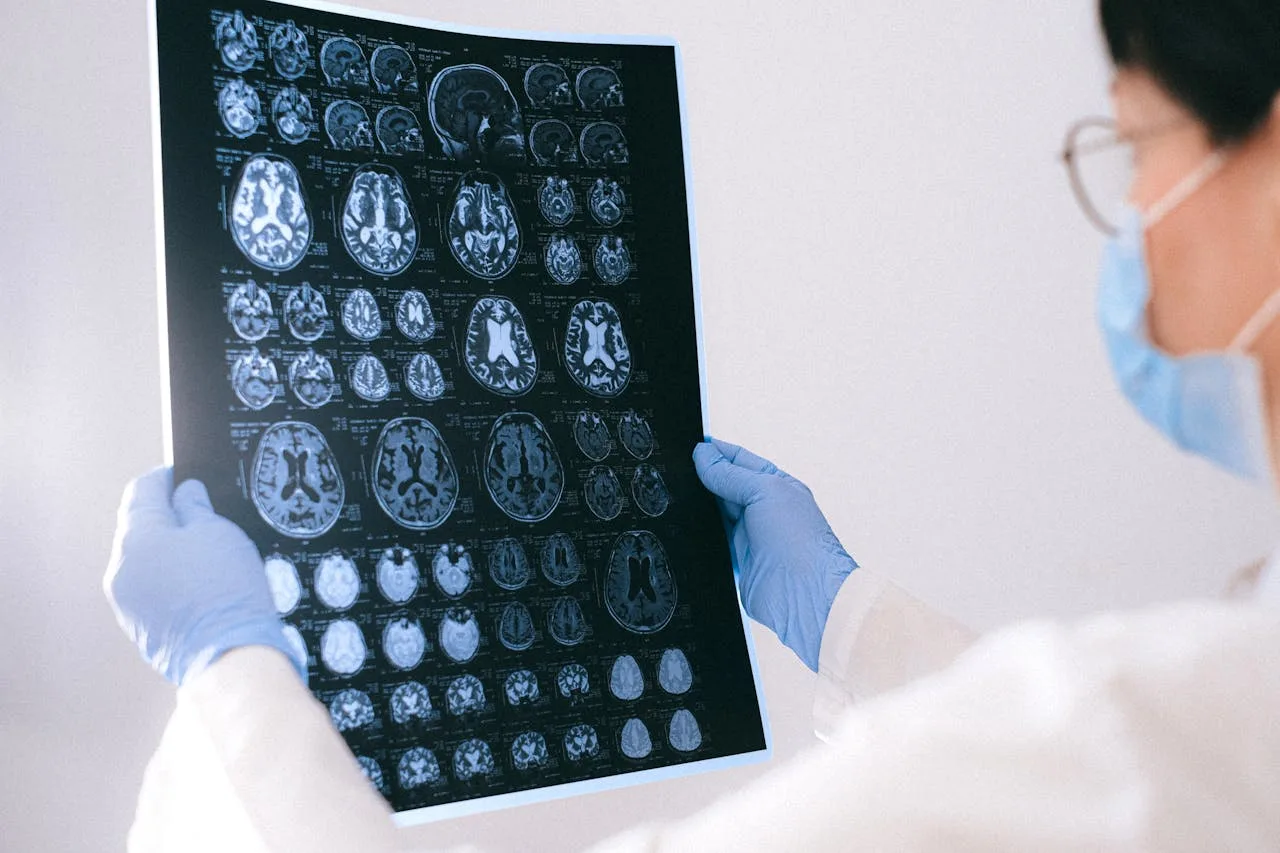Neurodegenerative diseases like Alzheimer’s and Parkinson’s impact millions of people across the U.S., causing not only suffering but also placing a massive financial burden on society. According to the Alzheimer’s Association, these conditions cost the U.S. hundreds of billions of dollars every year. But there may be an unexpected solution: used coffee grounds.
New Discovery: Coffee Grounds and Brain Health
Researchers at The University of Texas at El Paso (UTEP) have made a groundbreaking discovery that could change the way we treat neurodegenerative diseases. Led by Jyotish Kumar, a doctoral student, and Professor Mahesh Narayan, Ph.D., their research focuses on caffeic-acid-based Carbon Quantum Dots (CACQDs)—tiny nanoparticles made from discarded coffee grounds. These particles may protect brain cells from damage caused by aging, environmental toxins, and other factors.
What Are CACQDs?
CACQDs are made from caffeic acid, a powerful antioxidant found in coffee. The exciting part? Caffeic acid can cross the blood-brain barrier, allowing it to directly impact brain cells and protect them from harmful molecules like free radicals. Free radicals can damage cells and are often linked to diseases like cancer and heart disease. In addition to neutralizing these harmful molecules, CACQDs can also prevent the buildup of amyloid proteins, which are linked to Alzheimer’s and Parkinson’s.
How Coffee Grounds Could Stop Neurodegenerative Diseases
The UTEP research team conducted various studies, including tests on Parkinson’s disease models and brain cells, to see how effective CACQDs are. Their results were promising—CACQDs were able to prevent damage to brain cells and block the formation of harmful amyloid protein fragments, all without significant side effects. This gives hope that, in the early stages of neurodegenerative diseases like Alzheimer’s and Parkinson’s, CACQDs could slow down or even stop disease progression.
Early Intervention Is Key
One of the study’s main messages is that early intervention is critical. Once these diseases reach advanced stages, treatment becomes difficult and often unaffordable. As Professor Narayan explains, “It’s crucial to address these disorders before they become too advanced. Our goal is to develop a treatment that can prevent these diseases at an affordable cost for most patients.”
Sustainability Meets Science
The process of creating CACQDs from used coffee grounds is eco-friendly and sustainable, aligning with “green chemistry” principles. The researchers heat coffee grounds at 200 degrees for four hours, transforming the caffeic acid into CACQDs. Since coffee grounds are so widely available, this method could be both cost-effective and sustainable for mass production.
What’s Next?
This promising research has been supported by a grant from the National Institutes of Health (NIH), and the team at UTEP is now seeking additional funding to move forward with further testing. The ultimate goal? To develop a medication—possibly in pill form—that could prevent most neurodegenerative diseases that aren’t caused by genetics.
While more work needs to be done, the idea that something as common as coffee grounds could help prevent devastating diseases like Alzheimer’s and Parkinson’s offers a glimmer of hope for millions of people worldwide.
CoffeeGrounds #NeurodegenerativeResearch #AlzheimersPrevention #ParkinsonsTreatment #BrainHealth #GreenChemistry #CaffeicAcid #InnovativeResearch




+ There are no comments
Add yours